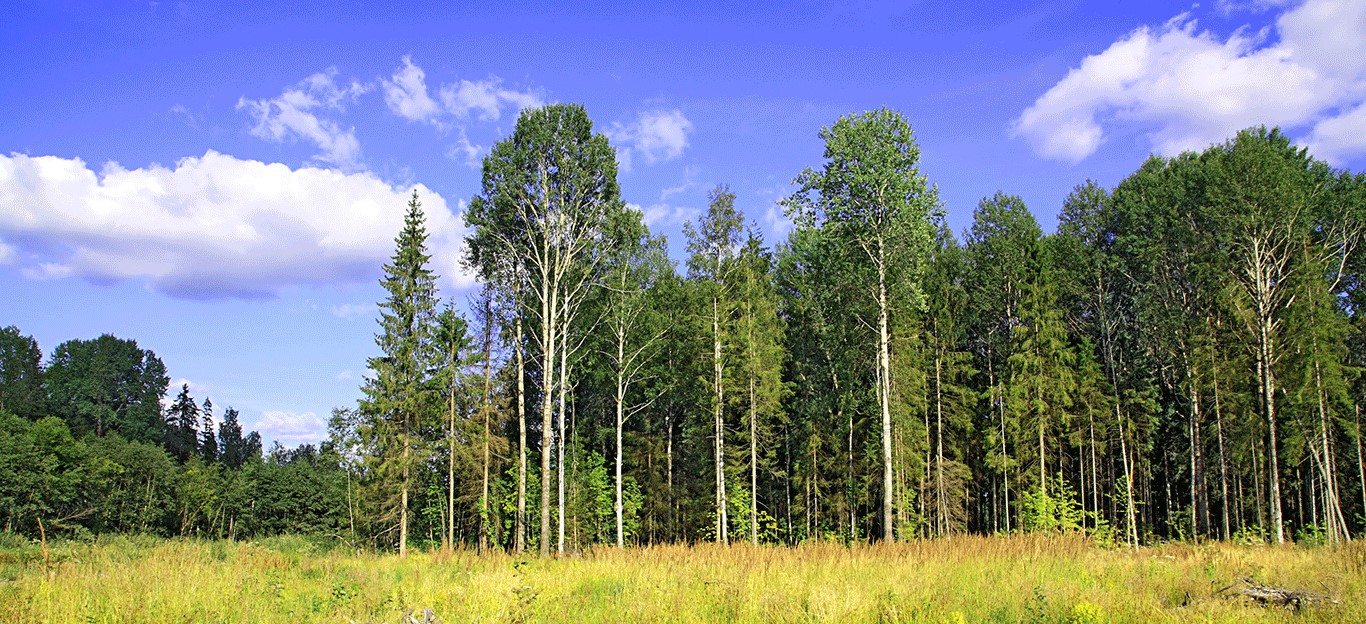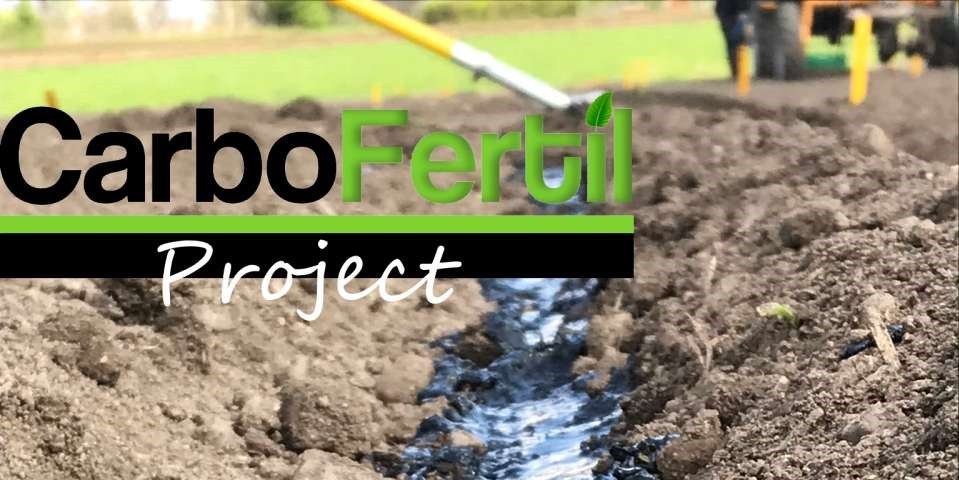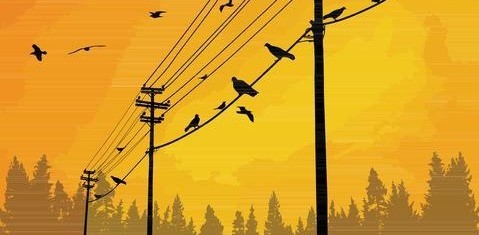Ecosystems and Bioresources - Industrial Ecology Programme (IndEcol)
Ecosystems and Bioresources

We address the preservation of ecosystem services, biodiversity, and climate regulation, under rising societal demands for bioenergy, food, and biomaterials.
Contact
-
Francesco Cherubini Professor, Director of the Industrial Ecology Programme
+47-73598942 francesco.cherubini@ntnu.no Department of Energy and Process Engineering -
Francesca Verones Professor Industrial Ecology Programme
+4790544199 francesca.verones@ntnu.no Department of Energy and Process Engineering

In AC2OCem, pilot-scale experiments, as well as analytical studies, will be performed to bring the key components of oxyfuel cement plants to TRL6 with the aim of reducing the time to market of the oxyfuel technology in the cement sector. Funded by RCN, 2019-2022.

The primary objective of BIOPATH is to explore the interactions between future biofuel pathways, land transitions, and the regional climate, thereby offering novel science-based evidence to advance assessment frameworks of biofuel systems. Funded by RCN, 2019-2023

CARBO-FERTIL will develop innovations in pyrolysis and nutrient-rich waste recycling leading to biochar-fertilizer products as win-win solution for carbon-storage and food production. Funded by RCN, 2018- 2021.

LIF-OWL aims to develop a comprehensive methodological framework for environmental and social life cycle assessment and validate it by applying it to a selection of offshore wind farms. Funded by: France Energies Marines and French National Research Agency, 2020-2023.

MITISTRESS plans to map land uses and ecosystem stress levels in Norway and the Tibetan Plateau of China to quantify the cumulative effects on ecosystem services under a changing climate. Funded by RCN and Natural Science Foundation of China, 2019-2023.

SusWoodStoves
This project aims to ensure a sustainable wood stove future by achieving further knowledge in terms of emission reduction, energy efficiency increase, proper building integration, and value chain (techno-economic and socio-economic optimization). Funded by RCN and Industries, 2021-2025.

ATLANTIS project will develop models for quantifying impacts on species diversity and ecosystem service losses from marine plastic debris and marine invasive species within the life cycle assessment framework. Funded by European Research Council, 2020-2025.

The Centre aims to develop innovative technology and support industries to realize economic and sustainable conversion of lignocellulosic biomass and organic residues to transportation fuels, along with added value chemicals, heat and power. Funded by RCN and Industries, 2020-2024.

The project aims to assess the overall impacts of the Norwegian power generation and distribution on biodiversity using a holistic life cycle perspective, both for today's electricity system and future production scenarios for hydropower and wind power. Funded by RCN, 2020-2023.

A multi-disciplinary approach to the problem of marine plastic pollution in Norway is essential for developing a comprehensive overview of plastic generation, release to the environment, transport, and environmental impacts. Funding: NTNU Sustainability, 2022-2026.

Co-produced transformative knowledge to accelerate change for biodiversity. Funded by Horizon Europe 2022-2025

BEST will combine LCA and dynamic energy-land use modelling to analyze the climate and environmental impacts of a diverse set of bioenergy technology alternatives, and of global bioenergy deployment pathways. Funded by RCN and The National Research Fund Luxembourg, 2019- 2023.

The ambition of Bio4-7Seas is to provide a robust understanding of the climate change mitigation potential and environmental effects associated with a growing deployment of biofuels for deep sea fleet. Funded by RCN, 2020- 2024.

This project will investigate novel sustainable platform chemicals from lignocellulosic biomass to produce bio-derived polymers for highly functionalized applications (e.g., automotive industry, coatings, packaging, etc). Funded by EEA grants, 2020- 2024.

This project will allow to integrate potential environmental impacts of marine litter, especially plastic, in Life Cycle Assessment (LCA) results. This will lead to a more comprehensive picture of potential environmental impacts. 2019-2025.

The project will identify environmental friendly ways to best handle sludge, exploit its energy and nutrient content, and reduce its concentration of hazardous substances, through implementing heat-based methods, such as pyrolysis. Funded by RCN, 2020- 2024.
